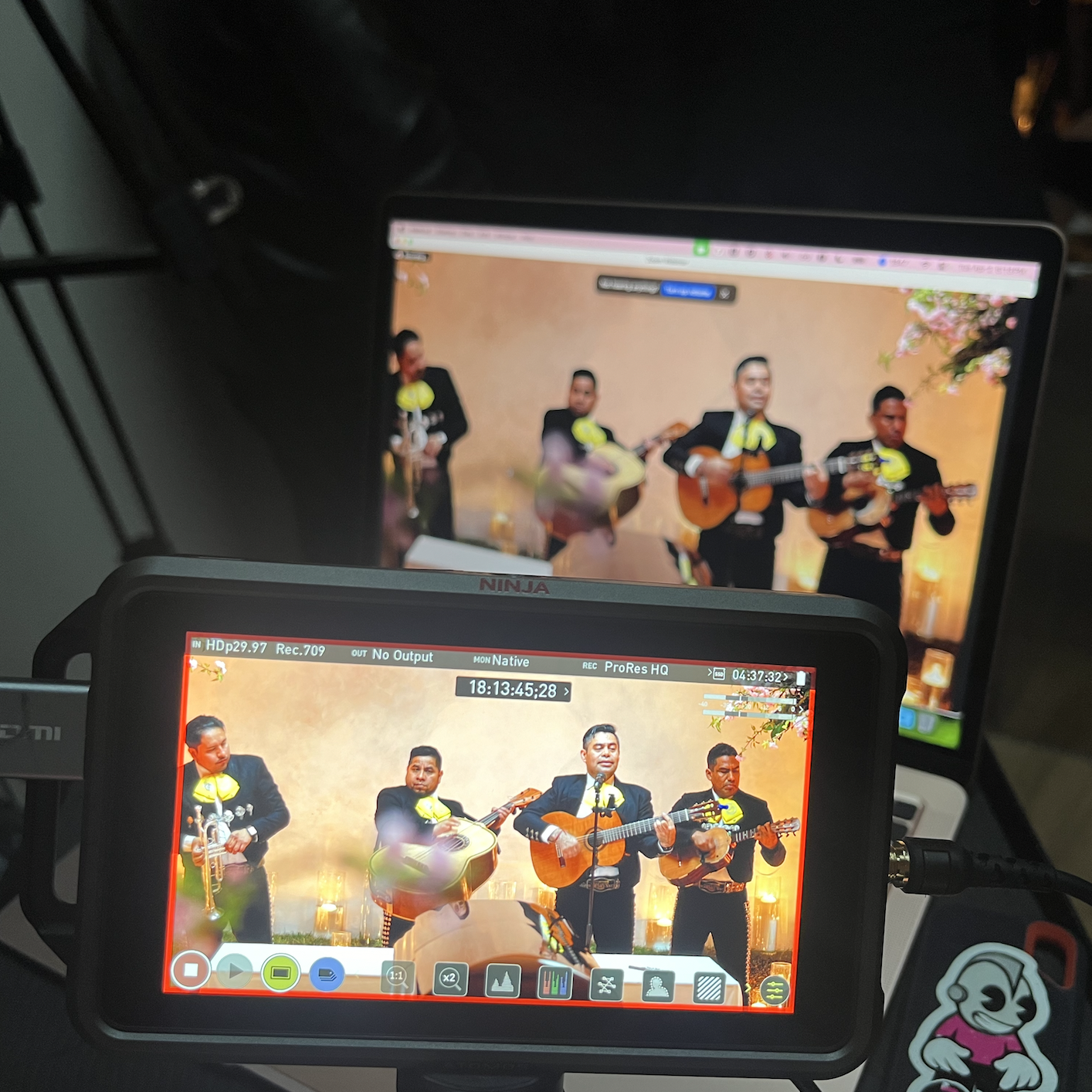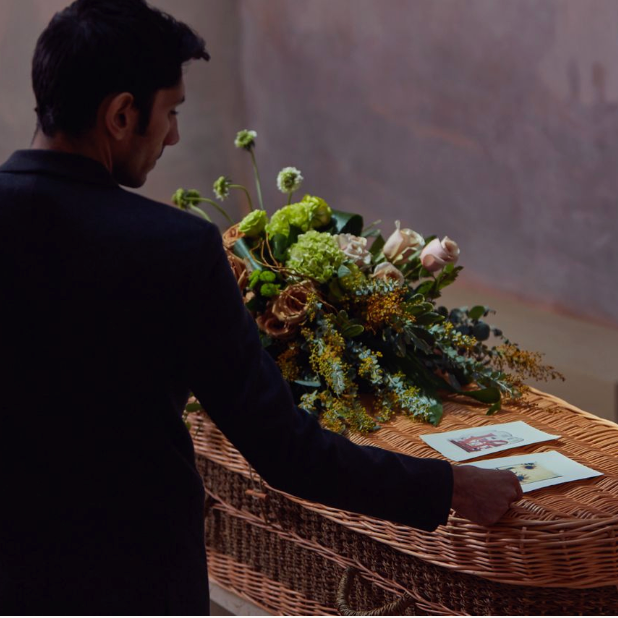A death doula, also known as an end-of-life doula or a death midwife, is a non-medical professional who provides emotional, spiritual, and practical support to individuals and their families during the dying process and in the immediate aftermath of death. Their role is to help individuals and their loved ones navigate the end-of-life journey with compassion, dignity, and comfort. Here's how a death doula can assist a family:
- Emotional Support: Death doulas offer a compassionate presence, providing emotional support to both the dying individual and their family members. They listen, validate feelings, and create a safe space for open conversations about death, fears, and wishes.
- Communication: Doulas facilitate communication among family members, helping them navigate difficult conversations about end-of-life decisions, funeral arrangements, and legacy matters.
- Advance Care Planning: They assist in advance care planning, helping individuals express their wishes for medical care, pain management, and end-of-life interventions through documents like advance directives and living wills.
- Creating a Peaceful Environment: Doulas can help create a soothing and peaceful environment for the dying person by providing music, lighting, aromatherapy, and other sensory elements that promote comfort and relaxation.
- Pain and Symptom Management: While not medical professionals, death doulas can offer non-pharmacological techniques and comfort measures to alleviate pain and discomfort, such as massage, guided imagery, and relaxation exercises.
- Legacy Work: They assist in legacy projects, helping individuals record life stories, letters, and video messages for their loved ones. This process allows the dying person to leave a lasting legacy and helps families preserve memories.
- Respite for Caregivers: Doulas offer respite care for family caregivers, allowing them to take short breaks while knowing their loved one is in capable and compassionate hands.
- Support During Vigil: They can provide support and companionship during the vigil, the period when death is imminent. This presence offers comfort and reassurance to both the dying individual and their loved ones.
- After-Death Care: Doulas can guide families through the after-death care process, which includes rituals such as washing and dressing the body, as well as coordinating with funeral homes and assisting with memorial planning.
- Grief and Bereavement Support: Death doulas continue to offer support to the family during the bereavement period, helping them navigate the grief process and connecting them with additional grief support resources if needed.
- Respect for Cultural and Spiritual Beliefs: They respect and honor the cultural and spiritual beliefs of the dying person and their family, ensuring that end-of-life rituals and practices align with their values.
- Education: Doulas provide education about the dying process, which can help families better understand what to expect and how to provide optimal care and support.
It's important to note that the role of a death doula is distinct from that of healthcare professionals and should complement medical care rather than replace it. They focus on the emotional, spiritual, and practical aspects of end-of-life care, ensuring that the individual and their family receive holistic support during this profound and challenging time.





